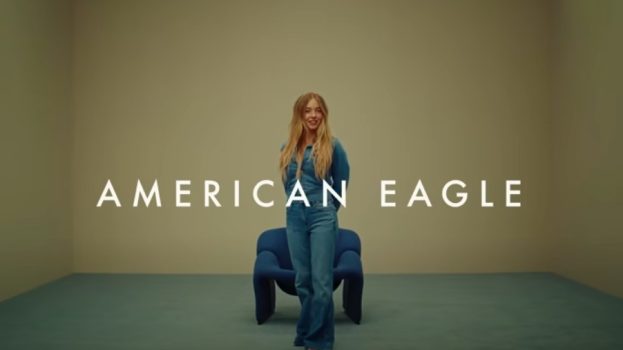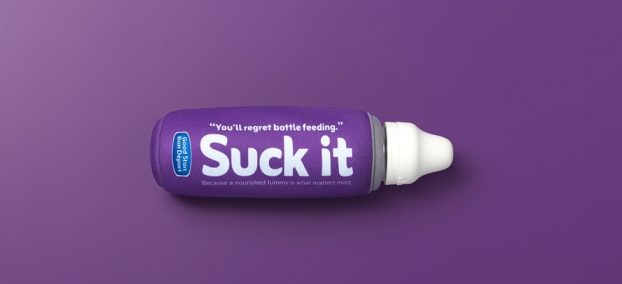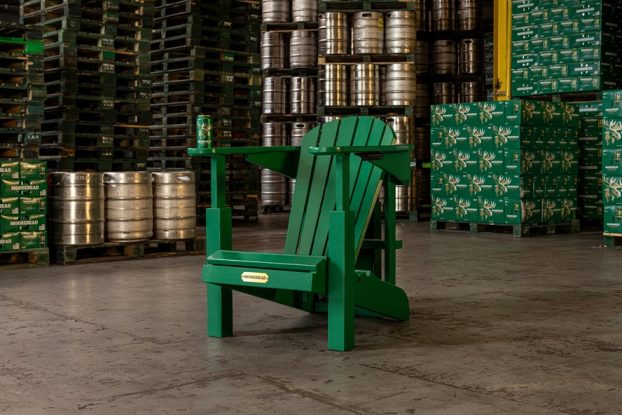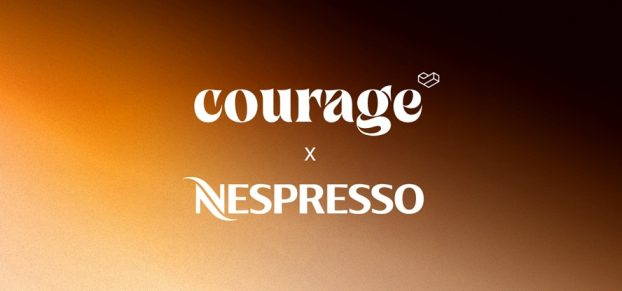In John Schroeder’s experience, American business partners are less interested in saving money than in avoiding paperwork.
Schroeder, president of Valleybrook International Ventures, found this out the hard way.
Valleybrook International is the corporate parent of Valleybrook Gardens nursery, an Abbotsford, B.C.-based grower and marketer of perennials. When the company decided to start selling its prized plants to independent garden centres south of the border in the 1980s, one of the main selling points was the weak Canadian dollar. However, they quickly found that American customers had no interest in reaping the benefits of the exchange rate. After all, paying in Canadian dollars would involve a trip to the bank – and who has time for that?
Now, instead, Schroeder takes advantage of the exchange rate himself, giving all of his quotes in U.S. funds.
Today, Valleybrook harvests a healthy chunk of its business from the U.S. According to Schroeder, 30-40% of the plants from the B.C. nursery are shipped south, while the company’s nursery in Niagara-on-the-Lake, Ont. transports 20% of its product to the States. And with the opening of a new nursery in Maryland last month, Valleybrook is poised to take on an even bigger role in the U.S. market.
Getting this far, however, hasn’t been easy.
To Valleybrook, as to many other B.C.-based companies – including ad agencies – the American market appears a tempting prize. Vancouver, after all, is closer geographically (and, some might argue, culturally) to the western U.S. states than to Eastern Canada. The opportunities are, in theory, manifold – especially given the relative weakness of the Canadian dollar. But as some B.C. marketers have discovered, the obstacles are numerous as well.
American patriotism is one of the most challenging to overcome. Schroeder says that he often meets with opposition from U.S. customers simply because Valleybrook is on the wrong side of the 49th parallel.
‘There is a certain resistance [in the U.S.] to buying products from other countries,’ he says.
Valleybrook’s solution: ‘We made it as easy for them to buy from us as it was to buy from our competitors,’ Schroeder says. How? By handling all documentation for customers, and including all extra charges in the price.
The added effort is well worth making, he says – because, as Valleybrook has learned from past experience, even minor impediments can very quickly put a stop to business relationships with U.S. customers. Indeed, prior to NAFTA, Schroeder had buyers renege on deals because of the additional duty and brokerage fees.
Another challenge for the company has been to deal with the shipping of perishables over long distances. Valleybrook, which uses its own trucks to ensure consistent quality of delivery service, covers Washington, Idaho, Utah and Oregon from its Abbotsford nursery, and the Northeastern states from its Ontario nursery. But to serve other regions, it was necessary to establish a base of operations in the U.S.
Maryland was chosen not only for its warmer climate, but because fully half of the U.S. population lives within a 500-mile radius of the state. Schroeder considers the Maryland nursery critical to the company’s growth in the U.S., and expects the location to match the sales levels of Valleybrook’s flagship B.C. nursery within five years.
Clearly Canadian Beverage Corporation is another B.C. company that has deemed a U.S. office necessary to its efforts to penetrate the American market.
Recently, the Vancouver-based beverage maker acquired Cascade Clear Water Company of Burlington, Wash., and in January, Clearly Canadian relocated its marketing division to that company’s facilities.
While it might look pretty close to Vancouver on a map, the new location is worlds away when it comes to attitude, says Jonathan Cronin, vice-president, marketing for Clearly Canadian.
Clearly Canadian’s strategy is, according to Cronin, a borderless one. Indeed, most of the company’s products are launched in the U.S. before being introduced to a Canadian audience. There are, he explains, important trend-setting cities in the States, such as Seattle, where a brand can gain the kind of hip cachet that simply can’t be had in a place like Calgary.
‘There’s a little bit of a credibility and profile benefit to playing in the biggest of leagues,’ he says.
The sheer scope of the U.S. market can prove intimidating to Canadian marketers, Cronin says. The key is not to approach it haphazardly, but to zero in on one’s target audience as precisely as possible. ‘It’s extremely important to hone your positioning,’ he says.
Is it necessary to hire an American ad agency? Not according to Cronin, who notes that Vancouver-based Palmer Jarvis DDB handles all of Clearly Canadian’s advertising and promotions, on both sides of the border. There are, he argues, no huge cultural differences between the two countries that would require a change in agency to cover the U.S. business.
Like their clients, some Vancouver ad agencies are understandably interested in the U.S. market. Could there be business opportunities for them down there?
Possibly, says Peter Lanyon, chairman and chief creative officer with Lanyon Phillips Communications.
Entering the U.S. with a Canadian client – as Lanyon Phillips has done with B.C. Tourism – is a good way to get your foot in the door, he says. In the end, however, the only way to build a roster of American clients is to set up shop there.
‘To Americans, it’s like you’re trying to sell them a Mexican agency or something,’ Lanyon says. ‘If you’re not [based] in the U.S., you’re not really seen as a player.’
That mindset can be a tough one to break, he says – especially for a country like Canada that, to be frank, isn’t internationally famous for its advertising. Still, Lanyon predicts, it’s only a matter of time before a Vancouver-based agency takes the leap – possibly through acquisition of an American shop. The B.C. Lower Mainland, after all, is a finite market that can only provide so much business for agencies.
British Columbia’s geographical proximity and cultural similarities could render Vancouver agencies quite attractive to U.S. clients, says Graham Catchlove, vice-president, planning and administration with Glennie Stamnes Strategy, which handles Canadian work for America West Airlines.
At present, however, most U.S. clients have zero awareness of Canadian agencies. Collective efforts to promote Canadian advertising talent south of the border, such as the Institute of Canadian Advertising’s ‘Push the Boundaries’ program, can be useful – but only if individual agencies follow up on them. Catchlove says Glennie Stamnes is in the process of doing just that, although he declines to share details.
Whether you’re a grower of perennials or an advertising agency, you can safely expect a few false starts when attempting to enter the U.S. market from Vancouver.
Consider Boston Pizza International, a Richmond, B.C-based chain of casual family restaurants that has spent the past several years creating and discarding plans to expand into the U.S. Choosing appropriate sites and finding investors with the wherewithal to support a franchise has been a difficult, sometimes frustrating process, says Mike Cyr, Boston Pizza’s executive director, franchising and marketing.
Last December, the company finally succeeded in opening its first U.S. franchise, in Tempe, Ariz. – the first of 10 planned for that area. It also has area development agreements in place for 10 more restaurants in central Texas, seven in Dallas, 15 in Houston and 10 in Denver. A regional office has been established in Dallas. (Due to difficulties in securing a federal trademark, the chain is known south of the border as Boston’s – The Gourmet Pizza.)
‘We could very easily have given up,’ Cyr says. ‘We kept pouring money into it.’
Marketing for the restaurants will be regionally based, with a focus on grassroots endeavours such as sports sponsorship. The only national tool, at this stage, will be public relations.
Cyr’s advice to other Vancouver companies considering a move south? Expect a few bumps in the road.
‘You have to commit and stick with it,’ he says. ‘There’s going to be lots of learning.’
Also in this report:
– Integration is the thing, says Wong: New director of markting for Labatt B.C. says he learned valuable lesson while at Nike p.B12
– Ford dealers enlist aid of Bionic Woman: Retro spots use footage from the ’70s series to promote current cars and trucks p.B13
– Army & Navy builds a future by revisting the past: Campaign capitalizes on stores’ no-frills heritage p.B15
– TV12 takes the mickey out of its own shows: Tongue-in-cheek campaign makes virtue out of vice p.B16























